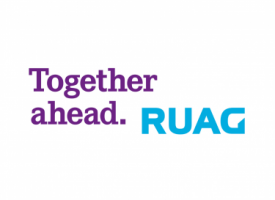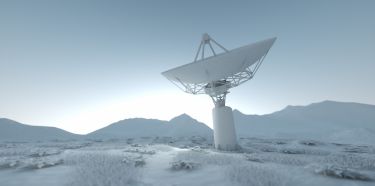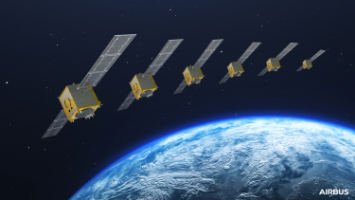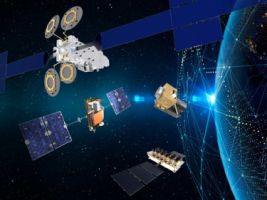RUAG Space delivered “brain” and “coat” for Galileo satellites

RUAG Space delivered to OHB the central computer or “brain” as well as thermal insulation or “coat” for the Galileo navigation satellites to be launched on July 25
On July 25, another four Galileo satellites will be launched from Kourou in French Guiana, all with equipment onboard from RUAG Space, which has played an important role in building the Galileo European Navigation System from day one. A range of mission critical mechanical and electronics products have been supplied to OHB System AG.
The European Navigation System Galileo, operated by the European Union and the European Space Agency, ESA, is approaching its full capacity. The system will be complete by 2020 and then made up of 24 operational satellites and in-flight spares.
Galileo is a civil satellite navigation system (GNSS) that provides global positioning, navigation and timing. With at least four satellites constantly visible to the user, positioning becomes much more accurate than with previous systems, down to a meter. Galileo is operated on a limited scale since 2016 and more and more Galileo-compatible receivers, chipsets and modules are now on the market. This means, for example, that the positioning of our mobile phones becomes more accurate and reliable, especially in urban environments where narrow streets and high buildings often block satellite signals.
Other areas where Galileo plays or will play an important role include self-propelled and connected vehicles as well as in air traffic and shipping. "Galileo has direct value for our daily life and societal progress. We are proud to deliver a broad product range to make the mission a success,” says Peter Guggenbach, CEO, RUAG Space.
From “brain” to “coat” – Galileo satellites equipped by RUAG Space products
RUAG Space supplies to the industrial prime contractor, OHB System AG, the onboard computer (“brain”) that controls and monitors the payload of the satellite and many other subsystems. The computer also monitors the satellite status, such as temperature, to ensure that the satellites are fully functional.
Further, RUAG Space contributes electronics to the Galileo search and rescue service, which will be used for locating distressed people. When Galileo Search and Rescue is in full operation, the time to detect a person who has disappeared at sea or in the mountains will be shortened from three hours to just ten minutes after activating an emergency transmitter.
Additional electronic products from RUAG Space include the receiver electronics and antennas on the satellite, which are required to determine the position of a person or object on earth.
Thermal insulation from RUAG Space
The four Galileo satellites for this launch as well as all other Galileo satellites are protected from cold and heat in space by thermal insulation (“coat”) from RUAG Space. Also the Drive Mechanisms to optimally align the Solar Array panels towards the sun are produced by RUAG Space for all Galileo satellites.
The Full Operational Capability phase of the Galileo programme is managed and fully funded by the European Union. The Commission and ESA have signed a delegation agreement by which ESA acts as design and procurement agent on behalf of the Commission. The views expressed in this Press Release can in no way be taken to reflect the opinion of the European Union and/or ESA. “Galileo” is a trademark of the EU.










